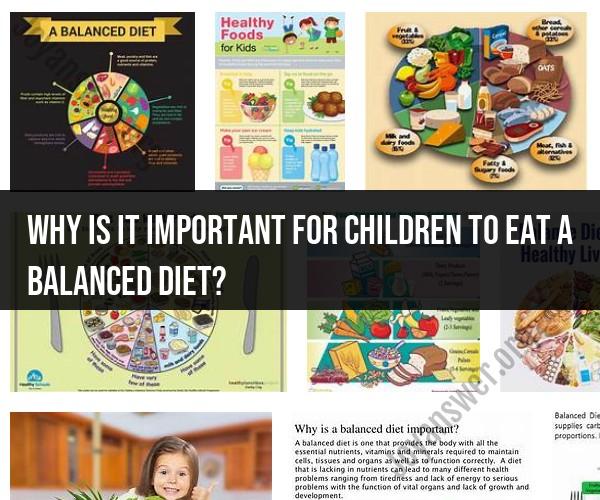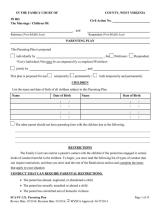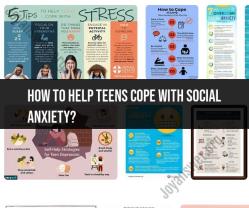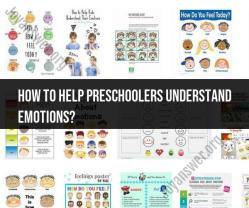Why is it important for children to eat a balanced diet?
Eating a balanced diet is crucial for children for several reasons that contribute to their overall health and well-being:
Nutrient Intake: A balanced diet ensures that children receive essential nutrients, including vitamins, minerals, protein, carbohydrates, and fats, in the right proportions. These nutrients are vital for growth, development, and overall health.
Growth and Development: Children are constantly growing and developing physically, mentally, and emotionally. Proper nutrition provides the building blocks needed for healthy growth, including the development of bones, muscles, and the brain.
Energy Levels: A balanced diet provides children with the energy they need for daily activities, including school, sports, and play. Carbohydrates, in particular, serve as a primary source of energy.
Cognitive Function: Nutrition plays a significant role in cognitive development. Nutrients like omega-3 fatty acids, vitamins, and minerals support brain health and cognitive function, which can impact learning, memory, and problem-solving abilities.
Immune System Support: A well-balanced diet strengthens the immune system, helping children fend off illnesses and infections. Nutrients like vitamin C, vitamin D, and zinc are known to support immune function.
Healthy Weight Management: Eating a balanced diet helps children maintain a healthy weight. It provides the right mix of nutrients and prevents excessive consumption of unhealthy, calorie-dense foods, reducing the risk of obesity and related health issues.
Bone Health: Adequate calcium and vitamin D intake is essential for building and maintaining strong bones. A balanced diet that includes dairy products, leafy greens, and fortified foods supports bone health.
Digestive Health: A diet rich in fiber from fruits, vegetables, and whole grains promotes healthy digestion and regular bowel movements, reducing the risk of constipation and digestive problems.
Prevention of Nutritional Deficiencies: A balanced diet helps prevent nutrient deficiencies, which can lead to a range of health issues. For example, iron deficiency can cause anemia, while vitamin D deficiency can lead to weak bones.
Establishing Healthy Habits: Encouraging children to eat a balanced diet helps them develop healthy eating habits that can last a lifetime. These habits can reduce the risk of chronic diseases, such as heart disease and diabetes, in adulthood.
Mood and Behavior: Nutrition can influence mood and behavior in children. Balanced meals can help stabilize blood sugar levels, reducing mood swings and irritability.
Skin and Hair Health: Nutrients like vitamin A and biotin support healthy skin and hair. A balanced diet contributes to good skin health and a shiny, strong hair.
It's important for parents and caregivers to provide a variety of foods that cover all food groups in appropriate portions. Encouraging children to try different foods and modeling healthy eating habits can help instill a lifelong appreciation for balanced nutrition. Additionally, consulting with a healthcare provider or registered dietitian can be valuable for tailoring a diet to a child's specific needs and addressing any nutritional concerns.
Nourishing the Future: The Importance of a Balanced Diet for Children
A balanced diet is essential for children of all ages. It provides them with the nutrients they need to grow and develop properly, both physically and mentally. A balanced diet also helps children to maintain a healthy weight and reduce their risk of developing chronic diseases later in life.
Building Healthy Habits: Why Balanced Nutrition Matters for Kids
Eating a balanced diet is one of the best things parents can do to help their children develop healthy eating habits that will last a lifetime. When children learn to eat a variety of nutritious foods, they are more likely to continue eating these foods as adults.
A balanced diet also helps children to learn about different foods and flavors. This can help them to become more adventurous eaters and to develop a love of food.
Kids and Nutrition: The Vital Role of a Balanced Diet
A balanced diet for children should include a variety of foods from all food groups: fruits, vegetables, grains, protein foods, and dairy foods.
- Fruits and vegetables are packed with vitamins, minerals, and antioxidants that are essential for children's health. They also contain fiber, which helps to keep children's digestive systems healthy.
- Grains are a good source of carbohydrates, fiber, and vitamins. They provide children with the energy they need to grow and be active.
- Protein foods are essential for building and repairing tissues. Good sources of protein for children include lean meats, poultry, fish, eggs, beans, and tofu.
- Dairy foods are a good source of calcium, vitamin D, and protein. They are important for building and maintaining strong bones and teeth.
In addition to eating a variety of foods from all food groups, it is also important for children to limit their intake of unhealthy foods, such as sugary drinks, processed foods, and unhealthy fats. These foods can contribute to weight gain and other health problems.
Tips for Helping Children Eat a Balanced Diet
Here are a few tips for helping children eat a balanced diet:
- Offer a variety of healthy foods at every meal and snack.
- Be a role model for your children by eating healthy foods yourself.
- Make mealtimes and snack times fun and relaxed.
- Avoid using food as a reward or punishment.
- Don't force children to eat foods they don't like. Instead, offer them other healthy options.
By following these tips, you can help your children to develop healthy eating habits that will last a lifetime.












